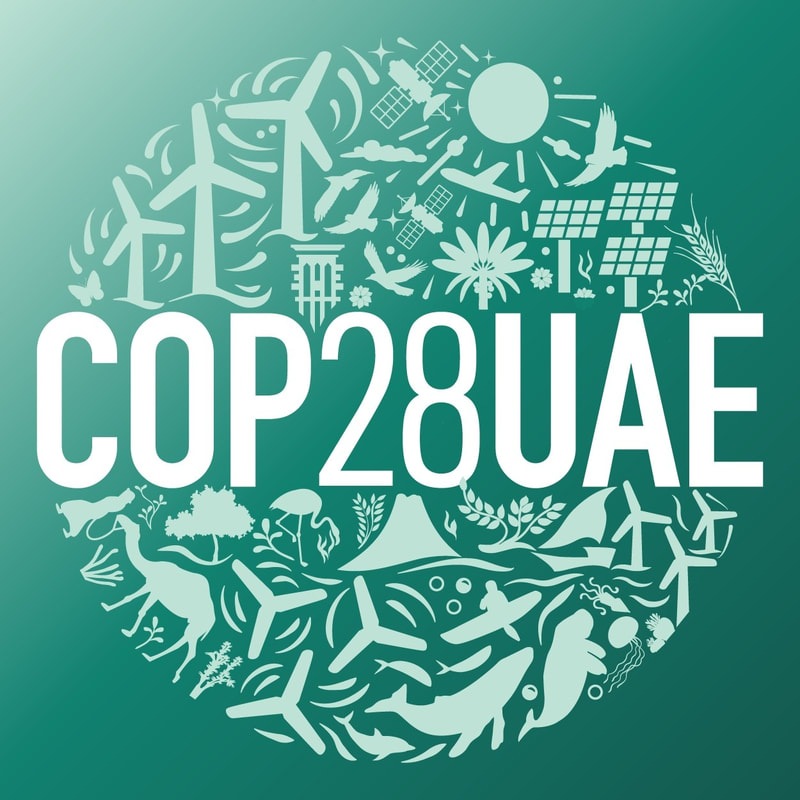 By Caroline Welfare In December, diplomats and environment activists assembled in Dubai for the United Nations climate summit. Not many had real hope for progress, with peacekeeping in the Middle East failing and sound geopolitical leadership deteriorating and the chosen host country, United Arab Emirates, one of the world’s petrostates, and the chairman, Sultan al-Jaber, the head of the national oil company. The last one of the three threatened to turn this important event into an exercise of greenwashing. With sighs of relief, the UN’s summit Cop28 defied bleak expectations and brought the world’s nations, most of them, together in an agreement to move away from coal, oil, and natural gas, finite resources that are main fuel sources for global warming. The 198 parties of the UN Framework Convention on Climate Change agreed on a text angling for a transition “in energy systems, in a just, orderly and equitable manner” away from fossil fuels. Still, compromises that let down many environmentalists had to be made. The European diplomats hoped to “phase out” fossil fuels altogether, but fossil-fuel producers refused to agree. Small island nations feel their voices were not heard, as the deal determined only “unabated” coal power was to be phased down, leaving dirtier options free to continue so long as the burnt emissions are caught at the source. Pessimists claim that the deal was “politically naive and economically unfeasible. COP operates by consensus, meaning that the big petrostates had veto on any deal” the Economist states. Despite this milestone, fossil fuels are likely to remain prominent for coming decades. Even optimists believe that the battle will continue. However, vast strides were also made. Mr. al-Jaber allowed for climate diplomacy to be stronger than many had hoped for. He proved more concerned with securing a negotiating triumph for the UAE rather than distorting the summit’s process for economical gain. 50 oil companies made early pledges to reduce methane emissions, a powerful, not to mention dangerous greenhouse gas. Many other successes led up to this deal, including the United States and China’s agreement, two of the largest polluters and historic rivals working together to lay the groundwork for this event. Even next year’s summit location - Baku - is seen as “a symbol of harmony”. Larger fossil fuel corporations have seen the warning: because of the financial changes that must be made globally, business will become more challenging and struggling nations will require aid now more than ever, with companies inevitably fighting back. But the bleak progress that still must be and challenges that still must be faced is made dull in comparison for the beacon of hope that COP28 shines for the world.
0 Comments
Leave a Reply. |
Editors:Editor-in-Chief: Archives
May 2024
Categories |
 RSS Feed
RSS Feed